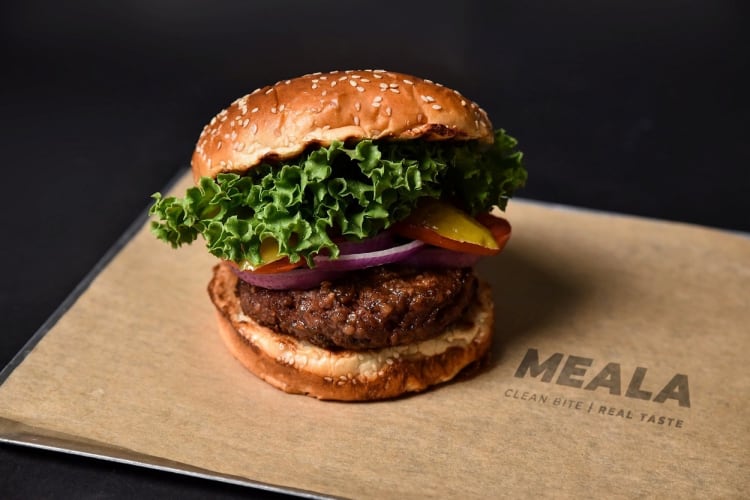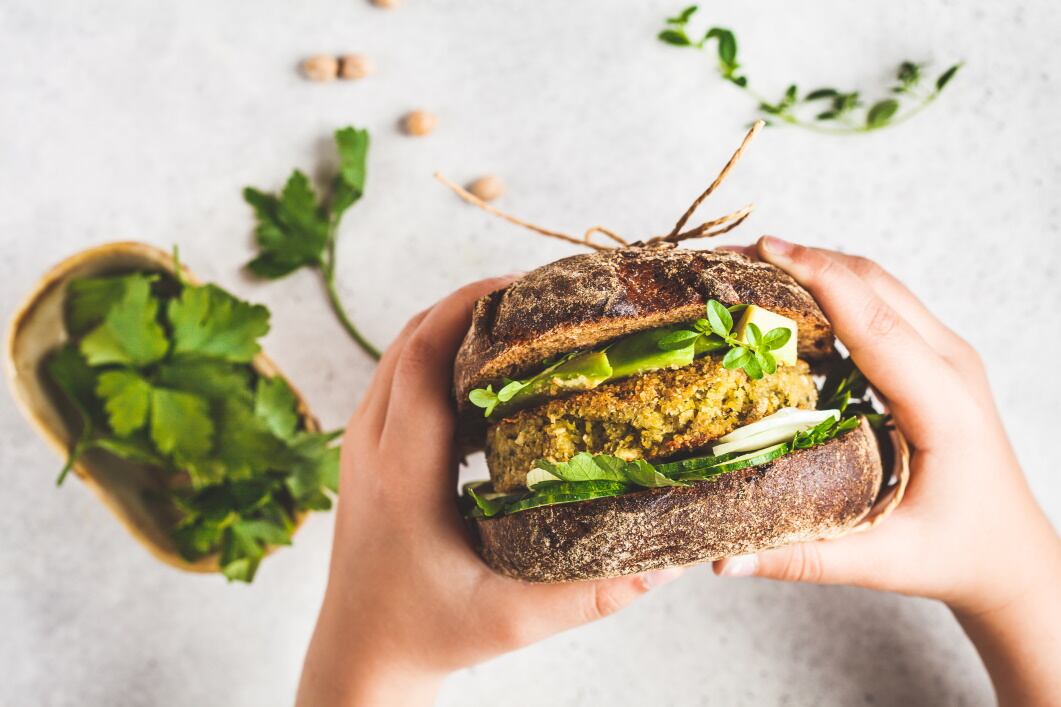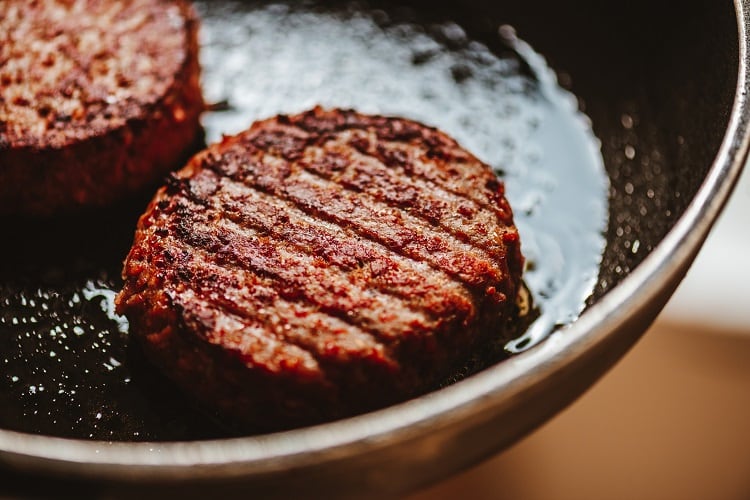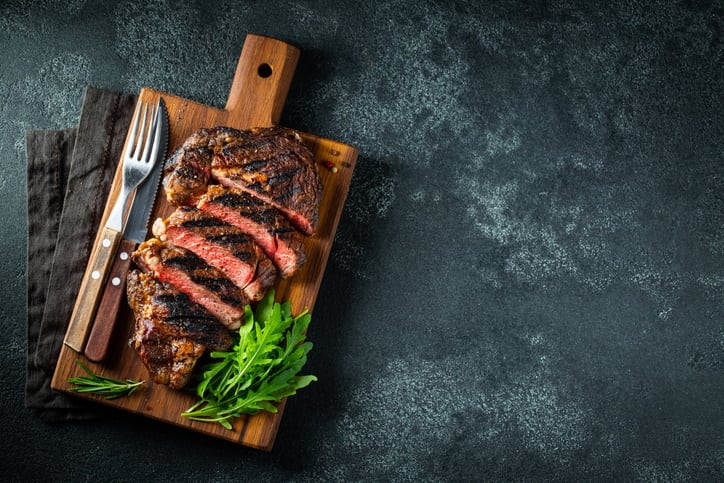The food industry has witnessed the proliferation of new plant-based meat and dairy substitutes that mimic the organoleptic properties of their conventional counterparts. These plant-based alternatives are often presented as healthier than animal-based products. But this view is getting pushback from those who suggest many analogue products are unhealthy ultra-processed foods.
According to the widely cited NOVA definition, 'ultra-processed food’ refers to the processing of industrial ingredients through methods including extrusion, moulding, hydrogenation or hydrolysis. Ultra-processed foods generally also include additives like preservatives, sweeteners, colours, flavours and processing aides.
“Customers today became more aware to their health and nutrition; they want to see on the ingredients list things that know and understand. Therefore, they want to avoid synthetic additives in CPG,” Hadar Razmovich, CEO and co-founder of Meala FoodTech, observed. “The plant-based category is perceived as a better-for-you alternative to meat. Using synthetic additives and having a long list of ingredients create a gap between perception and reality.”
The methylcellulose conundrum
In plant-based product formulation, methylcellulose is one ingredient that has attracted negative attention.
Used by high-profile brands like Impossible Foods and Beyond Meat, methylcellulose, or E461, provides attractive gelling and emulsifying properties that boost juiciness and hold plant-based burgers together as they cook. As plant-based proteins have low water retention capacity and can’t bind, hydrocolloids like methylcellulose are a necessity to achieve the desired end product.
However, methylcellulose isn’t something that consumers have in their kitchen cupboards and is often held up as evidence of the ‘ultra-processed’ nature of plant-based meat analogues. Moreover, inclusion in a formulation can actually add further complexity to the ingredient list.
A water-soluble polymer that has been chemically modified from natural cellulose, methylcellulose gels when exposed to heat but returns to its viscous state when cooled. This presents its own formulation challenges. “Methylcellulose became such controversial ingredient because of its properties - it is stabilized by heating but when it cools down it is thermo-reversible, so it needs more stabilizers and hydrocolloids – which makes the [ingredient] list so long,” Razmovich told FoodNavigator.
But because methylcellulose performs an important functional role ‘it is very challenging to replace it’, the food tech expert continued.
Replacing the functionality of methylcellulose
Meala aims to address this problem.
The start-up claims to be ‘breaking new ground’ in cleaning up labels in meat analogues. It has developed a proprietary platform that creates functionally activated proteins designed to replace 1:1 methylcellulose and other hydrocolloid and gums widely used in meat replacements as binding and gelling agents.
“Our vision for plant-based alternatives is to show a short list of simple, recognizable ‘home kitchen’ ingredients while delivering the same full-bodied flavour and texture of real meat. Meala’s multi-functional proteins are all-natural and can perfectly mimic methylcellulose. Our platform can use veggie proteins and convert them to functional ingredients,” Razmovich detailed.
Creating ‘better’ plant-based analogues
As importantly as cleaning up the ingredient label, Meala insists its solution also lends plant-based analogues a more meat-like sensation. According to the Israeli food innovator, its proteins ‘vastly improve’ the texture of meat alternatives to more compellingly mimic the organoleptic qualities of conventional meat.
“The solution we are offering is not just cleaning the labels and providing the opportunity to reduce ingredients but also can make better texture to plant-based meat,” we were told. “The texture is much better and feels more like the origin in the texture.”
Unlike methylcellulose, which sees changes in stability when heated and requires the addition of further synthetic ingredients, Meala’s innovation is ‘stable when cool as well as when it is heated’, Razmovich continued. “This allow us to avoid the use of more hydrocolloids. In terms of fat, we can say that the Meala solution can improve that also.”
Improved binding and water-retention in plant-based proteins
Plant-based proteins cannot connect and have low water retention capacity, meaning they require the addition of methylcellulose and other hydrocolloids to behave similarly to their animal-based counterparts.
Meala has developed a different approach. “We developed an advanced platform, a combination of biocatalysts (enzymes) and a proprietary process to turn plant-based proteins into super functional ones,” the chief executive explained. “The bio-based product enables improved binding and water retention capacity in plant-based protein while creating better and juicier texture that can mimic real meat products.”
The start-up’s solution is produced using naturally occurring biocatalysts. The platform can work with a versatile range of plant proteins, creating from them a stable hydro-gel when heated, but without changing its behaviour when cooled.
“In lab trials, our product demonstrated superior water retention capabilities and gelation properties,” asserted Liran Gruda, CIO, chef, and co-founder of Meala.
“It exhibits a more fat-like quality when infused into meat analogues, tendering a juicier and more succulent bite… It significantly improves texture in meat analogues, with no aftertaste yet with a nicely ‘polished’ label.”
How does it appear on the label? “You will see just one ingredient on the label,” Razmovich responded, revealing Meala’s products will list in an ingredient panel simply as the base protein the company is working from, such as pea or soy.
Meala revealed that its protein has already passed proof-of-concept trials in plant-based burgers, kebabs, dumplings and similar meat analogues manufactured for alternative meat producers and foodservice suppliers. Meala will focus on this sector before expanding to dairy, fish, and egg alternative products. “We are starting to work with alt. meat companies but the opportunities for our platform and technology are huge and will include fish, eggs and more in the future.”




